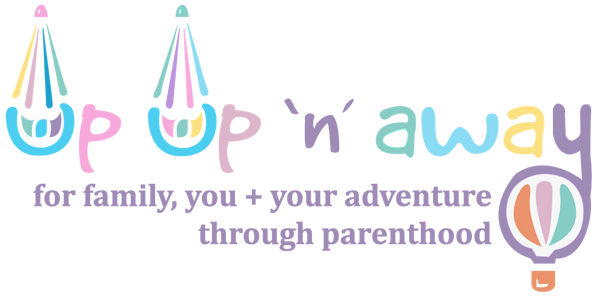The symptoms of depression during pregnancy or early parenthood are the same as those experienced at any other time of life. Depression can be a little harder to identify and deal with when you are pregnant or have a baby though, as it's also a time of great change and adjustment.
Some of the changes that come with being a new mother – such as changes in sleeping or appetite – overlap with the symptoms of depression and it can be hard to tell the difference.
Symptoms of depression:
If you have experienced some of the following symptoms for two weeks or more, it's time to get help.
- Low mood and/or feeling numb
- Feeling inadequate, like a failure, or feeling guilty, ashamed, worthless, hopeless, helpless, empty or sad
- Often feeling close to tears
- Feeling angry, irritable or resentful (e.g. feeling easily irritated by your other children or your partner)
- Fear for the baby and/or fear of being alone with the baby or the baby being unsettled
- Fear of being alone or going out
- Loss of interest in things that you would normally enjoy
- Insomnia (being unable to fall asleep or get back to sleep after night feeds) or sleeping excessively, having nightmares
- Appetite changes (not eating or over-eating)
- Feeling unmotivated and unable to cope with the daily routine
- Withdrawing from social contact and/or not looking after yourself properly
- Decreased energy and feeling exhausted
- Having trouble thinking clearly or making decisions, lack of concentration and poor memory
- Having thoughts about harming yourself or the baby, ending your life, or wanting to escape or get away from everything.
If you're feeling unhappy, talk about your feelings with someone you trust. You can also talk to your GP, Maternal, Child and Family Health Nurse or obstetrician and discuss whether additional assistance may be helpful.
It is quite common to experience symptoms of anxiety as well as depression. Discussing your experiences with a health professional can help you to define if the symptoms are within the 'normal' range, or whether they could indicate you are experiencing depression and/or anxiety.
Treatment and Support
The good news is that there is a range of treatments, health professionals and services available to help with depression and anxiety. There are also many things that people with these conditions can do to help themselves.
Depression and anxiety can interfere with your enjoyment of the pregnancy and early parenthood and put a strain on your relationships. If it continues after the baby is born, it could also affect your baby's development.
The reality is, depression and anxiety are unlikely to simply go away on their own. In fact, if ignored and left untreated, depression and anxiety can go on for months, sometimes years, and can have many negative effects on a person's life.
A doctor or other health professional can assist you with services and treatments that can help you to recover. You may benefit from emotional and practical support and psychological therapy.
Women with diagnosed depression and/or anxiety are likely to require a treatment plan (care plan), which can be developed in consultation with a GP and is covered under Medicare. The plan may include a range of treatments and possible medication. Often the woman's partner and/or family members will need to initiate help and play a major role in the ongoing care of the woman and the family.
Psychological (talking) Therapy
Psychological therapy, often referred to as 'talking therapy', can be an effective approach to treating depression and/or anxiety during pregnancy and early parenthood. It can help by changing negative thoughts and feelings that accompany depression and may help recovery and stop depression from getting more serious.
Medication
Medication can play an important role in reducing the impact of depression and anxiety on the mother and other family members. Research has shown that certain antidepressants – selective serotonin reuptake inhibitors (SSRIs) and tricyclic antidepressants (TCAs) – are effective treatments for depression and anxiety. They can be used safely during pregnancy and while breastfeeding, as they are not associated with birth defects and they pass into the breast milk at very low levels. For severe symptoms, benzodiazepines may also be prescribed until the antidepressant takes effect (up to three weeks). These can be taken safely during pregnancy and while breastfeeding if they are used only for a short time.
The safety of complementary and alternative medicines during pregnancy has not been well studied. It is safest to talk to your doctor about any supplements you are taking during pregnancy, especially if you are taking medications.
Every person needs to find the treatment that's right for them. It can take time, strength and patience to find a treatment that works. After seeking appropriate advice, the best approach is to try a treatment you're comfortable with and that works for most people. If you do not recover quickly enough, or experience problems with the treatment, discuss this with your health professional and consider trying another approach.
If you think your partner or baby would be better off without you, or you are having thoughts of suicide or harming yourself or your baby, seek professional help immediately.
For more information visit www.beyondblue.org.au.

